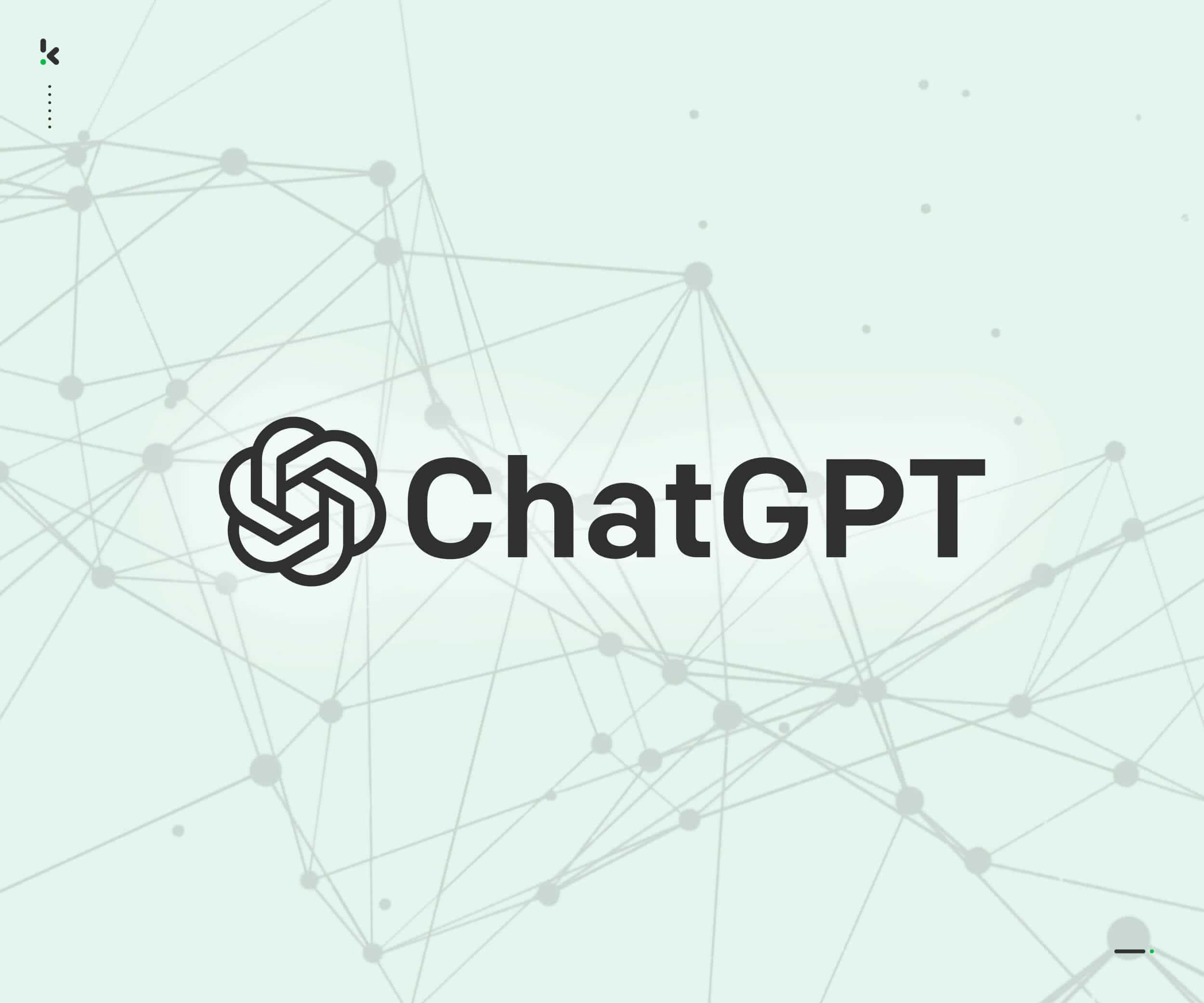Exploring ChatGPT’s Impact on Content Creation and Journalism

ChatGPT, a generative AI chatbot developed by OpenAI, has emerged as a powerful tool with the potential to revolutionize content creation and journalism. Its ability to generate human-like text and engage in dialogue-based interactions has opened up new opportunities for content creators and journalists alike.

Content Creation:

- Automated Content Generation: ChatGPT can quickly and efficiently generate high-quality content for various purposes, such as social media posts, website copy, and marketing materials. This saves content creators time and resources and enables them to focus on more strategic tasks.
- Personalization and Customization: By leveraging ChatGPT’s dialogue-based capabilities, content creators can tailor content to specific audiences and preferences. The chatbot can adapt its responses based on user prompts, providing personalized recommendations and suggestions.
- Inspiration and Idea Generation: ChatGPT can serve as a creative catalyst, suggesting new ideas, angles, and perspectives to content creators. Its extensive knowledge base and ability to connect different concepts can stimulate original thinking and help content creators break through creative blockages.
Journalism:
- Research and Fact-Checking: ChatGPT can assist journalists in expanding their research by identifying relevant sources, summarizing complex information, and verifying facts. This can significantly reduce the time spent on research and improve the accuracy of news articles.
- Automated News Generation: ChatGPT can generate short, factual news reports based on structured data or news briefs. This can be particularly useful for covering routine or less time-sensitive stories, freeing up journalists to focus on more in-depth investigations and analysis.
- Interview Support: ChatGPT can simulate interviews by providing questions and responses based on its knowledge base. This can assist journalists in gathering information, establishing connections with sources, and generating leads for further investigations.
However, it is important to note that ChatGPT’s role should be complementary to human creativity and critical thinking. While it can enhance productivity and provide inspiration, relying solely on AI-generated content runs the risk of homogenization, bias, and a lack of authenticity.
Overall, ChatGPT has the potential to positively impact content creation and journalism by automating tasks, personalizing content, generating ideas, and assisting with research and fact-checking. However, ethical considerations and the need for human oversight remain crucial to ensure the responsible and valuable use of this technology.## Exploring ChatGPT’s Impact On Content Creation And Journalism
Executive Summary
Artificial intelligence (AI) is having a substantial impact on how content is created and consumed in various fields, including Journalism. ChatGPT, a prominent AI language model, has emerged as a transformative force in these areas. It can generate human-like text, translate languages, write different kinds of creative content, and assist with content optimization. This paper examines ChatGPT’s broad implications for content creation and journalism, addressing its strengths, limitations, ethical considerations, and future promise. By leveraging ChatGPT’s capabilities effectively, content creators and journalists can augment their workflows, improve content quality, and cater to the evolving demands of audiences, yet it’s important to navigate the potential challenges responsibly.
Introduction
Content creation and journalism are undergoing significant shifts due to technological advancements. ChatGPT, an advanced AI language model, is at the forefront of this transformation, possessing the ability to generate compelling content, aid in research and fact-checking, and enhance audience engagement. However, it also presents challenges that require careful consideration. Deeply understanding ChatGPT’s impact on these domains is crucial for leveraging its benefits and mitigating potential risks.
FAQs
- What is ChatGPT’s role in content creation?
ChatGPT assists content creators by generating text, translating languages, suggesting content ideas, optimizing content for SEO, and more.
- Can ChatGPT replace human journalists?
ChatGPT is not a replacement for human journalists. It is a tool that can enhance a journalist’s productivity and provide insights, but human judgment and ethical decision-making remain essential.
- How does ChatGPT impact journalism’s credibility?
While ChatGPT can assist with research and fact-checking, it is crucial to verify information independently. Relying solely on ChatGPT for factual information may compromise journalistic credibility.
Top Subtopics
1. Content Generation
ChatGPT generates various content formats, including articles, blog posts, scripts, and marketing copy.
-
Strengths:
- Efficient and time-saving
- Provides inspiration and ideas
- Can generate content in multiple languages
-
Limitations:
- May require editing for accuracy and coherence
- Not tailored to specific audiences or niches
- Can produce generic or repetitive content
2. Research and Fact-Checking
ChatGPT aids journalists by gathering information, verifying facts, and summarizing complex topics.
-
Strengths:
- Can access a vast amount of data
- Helps identify relevant sources and quotes
- Supports fact-checking and accuracy
-
Limitations:
- May not always distinguish between reliable and unreliable sources
- Bias or inaccuracies in the underlying data may impact results
- Cannot evaluate context or intent
3. Language Translation
ChatGPT excels in translating text between different languages, enabling global communication.
-
Strengths:
- Fast and convenient
- Supports a wide range of languages
- Maintains context and accuracy
-
Limitations:
- May struggle with nuanced or highly technical languages
- Requires human review for accuracy in critical applications
- Can perpetuate cultural biases present in the training data
4. Audience Engagement
ChatGPT enhances audience engagement through personalized content and interactive experiences.
-
Strengths:
- Can generate content tailored to specific demographics or interests
- Creates interactive chatbots for customer service or information dissemination
- Monitors audience engagement metrics and provides insights
-
Limitations:
- May not always capture the emotional or cultural context of the audience
- Requires significant training data to personalize effectively
- Can lead to echo chambers or filter bubbles
5. Ethical Considerations
The use of ChatGPT raises ethical concerns, particularly regarding misinformation, bias, and accountability.
-
Challenges:
- Potential for spreading inaccurate or biased information
- Lack of transparency in content creation
- Difficulty in attributing responsibility for generated content
-
Best Practices:
- Implement fact-checking mechanisms and editorial oversight
- Disclose the use of AI in content creation
- Establish clear ethical guidelines for AI usage
Conclusion
ChatGPT is a powerful tool that has the potential to revolutionize content creation and journalism. Its strengths in content generation, research and fact-checking, language translation, audience engagement, and ethical considerations make it an indispensable asset for professionals in these fields. By leveraging ChatGPT’s capabilities effectively and addressing its challenges responsibly, content creators and journalists can harness the power of AI to elevate their work, engage audiences more effectively, and contribute to a more informed and connected world.
Keyword Tags
- ChatGPT
- Content Creation
- Journalism
- AI Language Model
- Ethical Considerations
